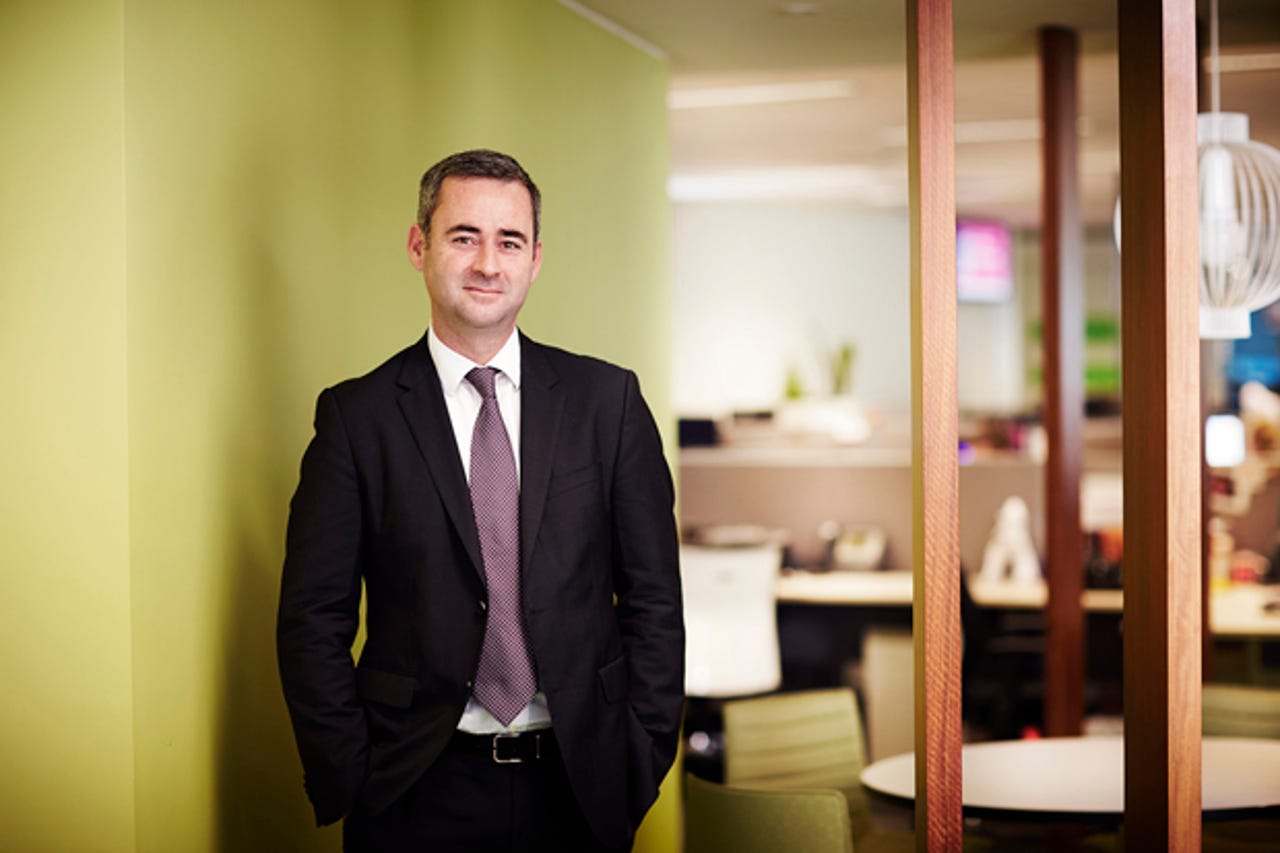The post-Malone era of iiNet begins

When asked whether he'll stay in the telecommunications sector in his final conference call with journalists in the lead up to his departure from the company he started 20 years ago, iiNet founder Michael Malone stopped, and corrected the journalist.
"I've always thought we were in the customer service field," Malone said.

When he won the Ernst and Young Entrepreneur of the Year in 2011, Malone said his parents had always told him that good service means good business.
"We've found that even as iiNet became a very large company, it's continued to hold true for us," he said at the time.
But he added that there was no one formula for a company that would work forever, and people should be prepared to try new things.
So it was that on Thursday last week, after a three-month sabbatical, Malone decided to try something new, and handed in his resignation to the iiNet board for the company he founded in his parents' Perth garage back in 1993.
Malone said on Friday that he expected to only be the CEO for one year after listing on the Australian Securities Exchange.
"I thought they'd hang on to me for a year and then get a real CEO," he said. "I started this straight out of university, taking it to stock exchange listing, to now a company with over 2,000 staff and AU$1 billion in revenue."
And when iiNet reached its 20th anniversary last year, Malone took a step back, spent some time climbing mountains in New Zealand, but he said it wasn't until he spent three weeks in Argentina that he thought long and hard about his future.
"I suppose three weeks wandering around a mountain with no telephone access or internet access gives you a lot of time to reflect," he said. "That was a bit of a pivotal point."
A pivotal point not only for Malone, but the future of iiNet. It's fair to say that aside from the company's much beloved ad guy Finn, Malone is the most recognisable face for iiNet, and much of the company culture within iiNet still reflects his original goals for improving the internet in Australia.
But it is undeniable the company is changing. The challenger start up is the number three in the ISP business in Australia — number two in DSL, as the company frequently likes to remind us — and that brings with it a certain level of corporatisation.
Malone was, however, quick to remind everyone on Friday that he is not dead yet, and plans on keeping involved with the company's executives, who he considers friends as well as colleagues, but in losing Malone, iiNet stands to lose its grounding, and risks becoming more corporatised like its biggest competitors: Optus and Telstra. The remaining executive team will no doubt be looking for a way to keep the challenger brand for iiNet as part of the company's culture and as a way to stand out from the Telstras of the world.
The elephant in the room remains TPG, however. The company has a small but important stake in the iiNet business, which Malone once described as "a seat at the table at the right time", where if there was someone looking to acquire iiNet, TPG may want to be a part of it.
The culture of TPG and its reclusive executive chairman, David Teoh, could not be more different. iiNet prides itself on its customer service, while TPG's focus in on providing low price services to its customers through ruthless cost saving. Pipe co-founder Stephen Baxter was once quoted as saying that Pipe staff, after the company was bought out by TPG, were forced to turn off lights, and monitors when they left the building.
iiNet has over 200,000 more broadband customers than TPG, according to the latest results, but reported 876 complaints across the iiNet, Westnet, Internode, Adam and TransACT brands to the telecommunications industry ombudsman for the last three months of 2013, compared to 985 at TPG.
iiNet has an almost slavish devotion to the net promoter score (NPS), which iiNet says currently sits at 60 percent as of 2013.
TPG wants to compete against the NBN, while iiNet is more than happy to sell its infrastructure to NBN Co and be a pure retail player.
iiNet chairman Michael Smith warned last week that there would likely be a clash of cultures should TPG attempt to take over iiNet.
"If they have an interest in acquiring us, that is a decision they would make. Naturally enough...our intention is to grow this business and reward the investors who are in it. People who might be interested in trying to take control of it would need to look at the financial implications of doing that to a high-performing business."
Malone said his departure was, in part, about giving certainty to the company and its board, which he said was in limbo during his time away, but in many ways, the uncertainty has only just begun.
For Malone himself, he said that there was a "long dark road" ahead of him in determining what he would do next.
"I'm hoping inspiration will arise."